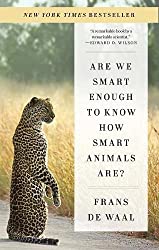Rating: 8.0/10. Book about animal cognition and methods to probe them. Recently, we are starting to learn that many animals are more intelligent than we thought, because the methodology to test their intelligence in the past was flawed. Instead of giving them artificial, one-size-fits-all tests, we should take into account each species’ individual “Umwelt” —…
Author: Bai Li
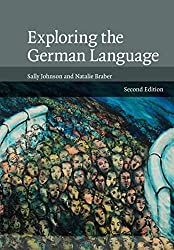
Exploring the German Language by Sally Johnson and Natalie Braber
Rating: 6.4/10. Not quite what I was expecting — I was looking for a linguistic overview of the German language, but this book is more like an intro linguistics textbook that uses examples from German. About 70% of the material is general linguistics knowledge (eg: explaining what’s a phoneme or morpheme or word class), only…
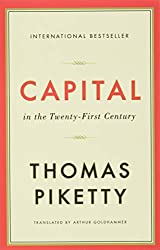
Capital in the Twenty-First Century by Thomas Piketty
Rating: 8.0/10. Summary The magnum opus of French economist Thomas Piketty, and quite a long one (~750 pages). Published in 2013, it uses historical data to study the distribution of wealth and income from 1700 until now, and models long-term trends in capital distribution and inequality. The central message is reminiscent of Marx’s Communist Manifesto:…
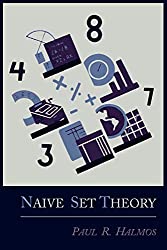
Naive Set Theory by Paul Halmos
Rating: 8.8/10. Brief book that introduces you to Zermelo-Fraenkel set theory. Anyone that has studied combinatorics / algebra / analysis is probably familiar with “naive set theory”, eg: union, intersection, complement, etc. But despite the book’s name, it introduces you to axiomatic set theory. The problem with naive (non-axiomatic) set theory is it allows you…
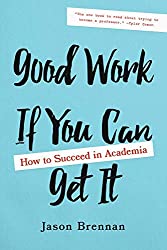
Good Work If You Can Get It by Jason Brennan
Rating: 8.2/10. Book by an economics professor on how to succeed in academia and become a professor. Faculty positions are extremely competitive, and the nature of job depends on what tier of university you end up, and whether you’re in tenure track. Top-tier research (R1) universities have professors doing research and only a bit of…
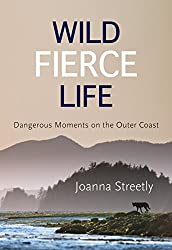
Wild Fierce Life by Joanna Streetly
Rating: 6.4/10. Collection of about 15 short stories by a woman who lived in Tofino and worked as a tour guide. The stories display life in the wilderness of Vancouver Island, the beauty as well as the dangers, such as a boat losing power during a storm, getting lost in the dark, encounters with wolves….
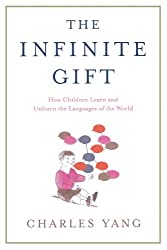
The Infinite Gift by Charles Yang
Rating: 7.3/10. Book about child language acquisition by a Yale linguistics professor and researcher in the area. Each chapter talks about a different areas of linguistics (eg: phonology, morphology, syntax) and how children acquire it. There’s a lot that we don’t understand about the language acquisition process, but it seems to be very efficient and…
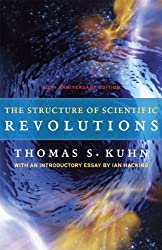
The Structure of Scientific Revolutions by Thomas S. Kuhn
Rating: 8.2/10. A classic book written in 1962 and a very influential book about the sociology of science. Kuhn describes how science goes through brief periods of revolutions (or paradigm shifts), with longer quieter periods of “normal science” in between. A “paradigm” is a shared set of views in a scientific community about the general…
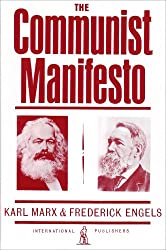
The Communist Manifesto by Karl Marx and Friedrich Engels
Rating: 7.7/10. Written in 1848 in German, this 40-page book is one of the most influential political books ever written. Marx and Engels see society as divided into two classes, the bourgeoisie (people who hire workers and sell the goods) and the proletariat (people who trade their labor for money). The bourgeoisie class arose out…
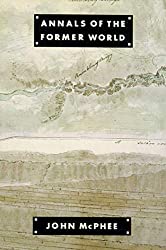
Annals of the Former World by John McPhee
Rating: 8.2/10. One of the longer books I’ve read, this is a 660-page book about geology. It is actually composed of five books that were separately published from 1981 to 1998. It won the 1999 Pulitzer Prize for non-fiction. The author has a narrative style that takes a while to get used to: at first…
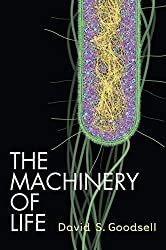
The Machinery of Life by David S. Goodsell
Rating: 8.1/10. A fairly unique book that explains molecular biology using illustrations and detailed to-scale 3D renderings of molecules. Only about 150 pages but there’s an illustration on nearly every page, explaining many different cellular processes, such as: DNA transcription, cellular respiration, breakdown of an E. coli bacterium, viruses, drugs. Doesn’t go too deep into…
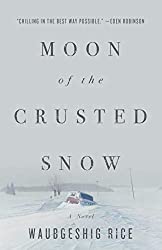
Moon of the Crusted Snow by Waubgeshig Rice
Rating: 7.0/10. [WARNING: SPOILERS!] A short post-apocalyptic novel set in an Ojibwe reservation in Northern Ontario, far from any big towns. The book starts with the power going out and the supply trucks no longer arrive. Only a few people know how to hunt and trap for food, the rest must subsist on a cache…
